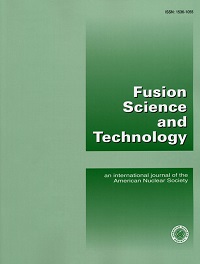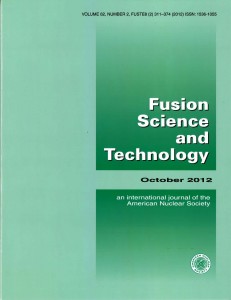Assembly of ITER begins in Southern France

Those attending the livestreamed July 28 celebration in person (shown here from above) followed recommended social distancing measures.
First-of-a-kind components have been arriving in recent months at the ITER construction site in Cadarache, France, from some of the 35 ITER member countries around the world. The arrival on July 21 of the first sector of the ITER vacuum vessel from South Korea marks the beginning of a four-and-a-half year machine assembly process for the world’s largest tokamak, a magnetic fusion device designed to prove the feasibility of fusion as an energy source.




 ANS member Dr. Christopher Morrison was a recent guest on
ANS member Dr. Christopher Morrison was a recent guest on 
